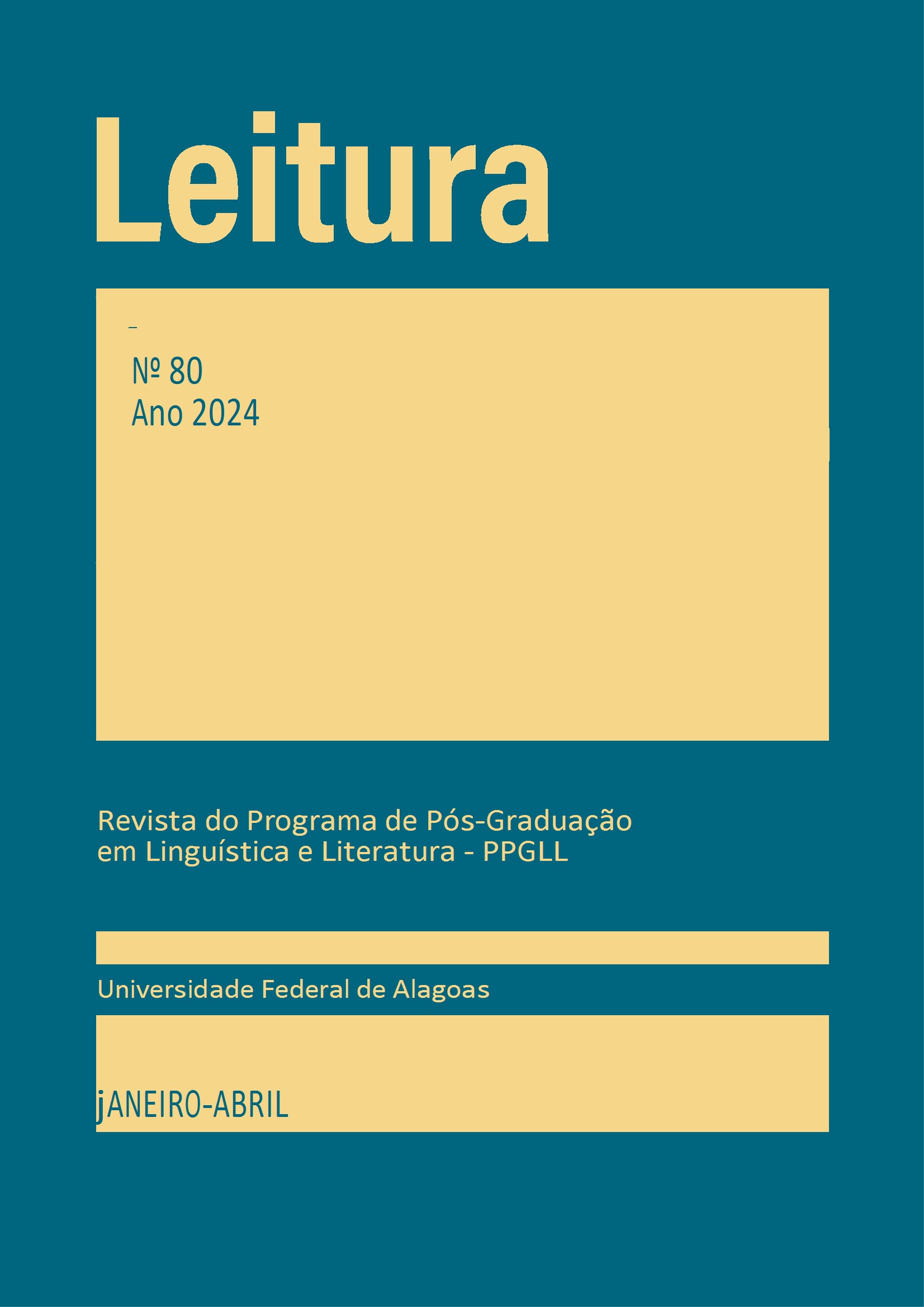A relação de afinidade entre brasileiros queer e língua inglesa: um discurso político e pedagógico
DOI:
https://doi.org/10.28998/2317-9945.202480.20-44Abstract
This article aims to investigate whether there is a relationship between the English language and Brazilian LGBTQIA+ people and what might be its cause and possible effects. Using texts such as Louro (1997), Santos (2019), Silva (2023) and Miskolci (2017; 2023) as a basis, we present a discussion that involves sociocultural, political and educational aspects, for example: how the English language can interfere on issues of identity and representation for queer people; mechanisms/agents that promote the English language; the importance of the so-called “pop divas”; and the need to reflect on the school environment as a space for contact between different people with diverse sexualities and genders, directly affecting everyone who shares the school envirionment. To this end, in addition to the aforementioned theoretical path, we carried out a field research based on the quantitative and qualitative methods through a questoinary, via Google Forms, containing a set of questions aimed at people aged 17 to 30 years old, in order to collect their perceptions about issues centered on the English language and sexuality. Thanks to it, we obtained results that are close to our hypotheses on the subject, attesting, mainly, great influence of music on the relationship analyzed.










